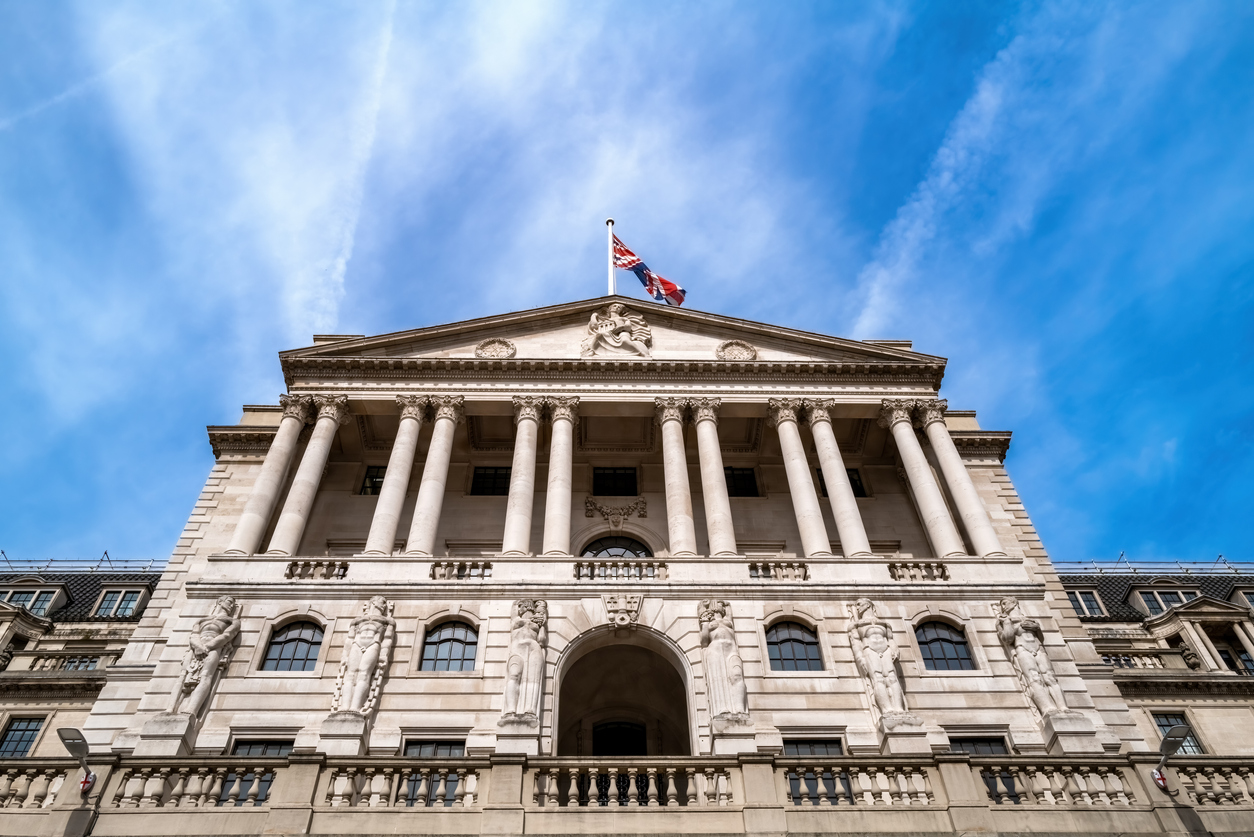As widely expected by financial analysts and priced in by the market, the Bank of England (BoE) has once again decided to stick to its course of rate hikes and raised rates by a further 50 basis points to 5%, as announced on Thursday afternoon.
The BoE had raised interest rates on 12 successive occasions since December 2021 before today’s announcement, taking rates from record lows of 0.1% just to 4.5% –which was the highest level seen since the 2008 financial crisis caused by the US sub-prime crash.
The UK economy is still struggling with stubbornly sticky inflation at 8.7% (currently at more than four times its target range), down from recent highs of over 10%, as confirmed in Wednesday’s UK CPI data release.
Core inflation is the main issue that’s proving trickier to tackle (core inflation is total inflation less the cost of energy and food cost) and rose by 7.1% which is the highest level seen in 30 years. Once these external ‘shock’ factors as caused by the Ukraine-Russia conflict are removed and the effects lessen on the headline figure, it suggests a wider issue in the UK labour market, with private sector wage inflation at 6.9%.
“Considering these factors, the BoE has had to deliver a 50-basis point rate rise, bringing borrowing costs to 5.00%,” adds Moneyfarm CIO Richard Flax. “Notably, the decision is still at a 7-2 split, indicating there is high consensus that inflationary risk remains high and would spiral further unless rates are tightened further.”
Will we see yet another increase in rates by the end of the year?
This was anticipated to be the bank’s final hike of 2023 but with inflationary pressures still negatively impacting the UK economy and people’s purchasing power, the central bank may have to look again and once again push for further hikes should it persist. However, it must also carefully balance the effects on mortgage payments and loans.
“The biggest concern now will be the steeply rising mortgage rates, with 1.4 million households set to roll off their fixed rate mortgages over the course of this year, having been on two or five year terms. The added premium on mortgages along with the cost-of-living squeeze from inflation will add significant duress on many households,” notes Moneyfarm Chief Investment Officer Richard Flax.
“There is a recognition that the situation will be politically untenable if inflation spirals any further and hence Prime Minister Sunak has intervened with a statement to reiterate his commitment to halving inflation this year, and to get back to the 2% target. The economic and political cycles also appear mismatched for the government, especially as the case for pre-election tax cuts in 2024 is becoming harder to commit to at this point given public debt has surpassed GDP for the first time since March 1961.The chancellor reiterating his pledge to halve inflation this year while also promising to grow the economy and reduce debt appears to be a steep commitment given, we may need a recession to squeeze out inflation.”
Elsewhere, earlier this month, as widely expected, the ECB raised rates once more while the Fed began freezing rate hikes as inflation in the US begins to retreat back towards more reasonable levels and the economy starts to normalise. How long it will take the UK to follow suit, however, remains to be seen.
*As with all investing, financial instruments involve inherent risks, including loss of capital, market fluctuations and liquidity risk. Past performance is no guarantee of future results. It is important to consider your risk tolerance and investment objectives before proceeding.





